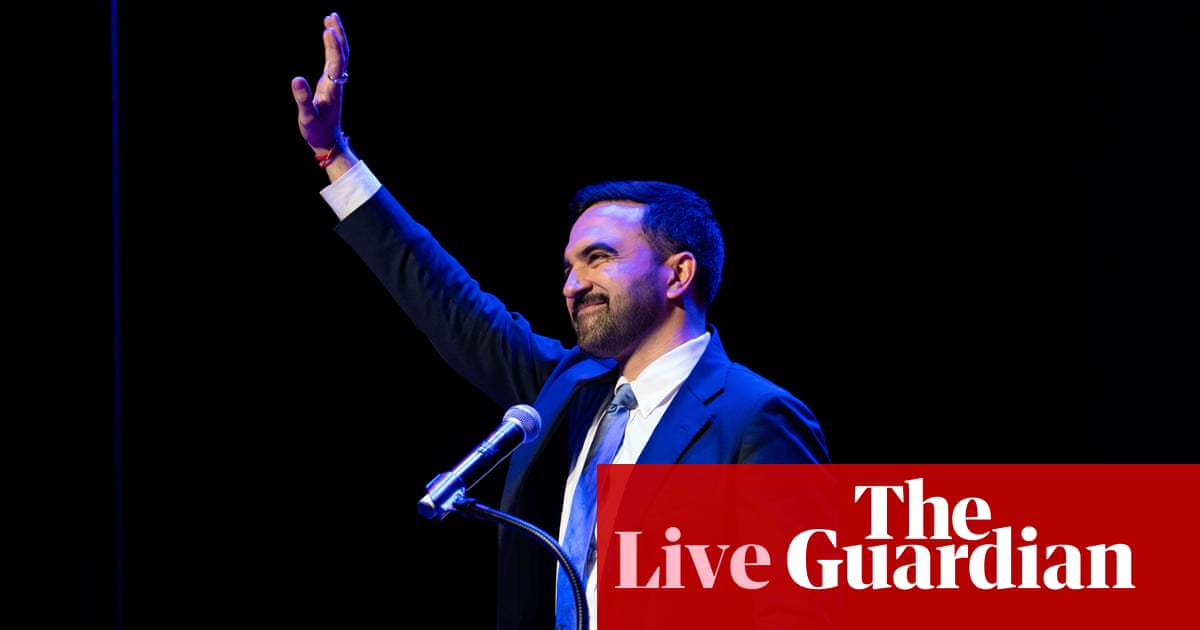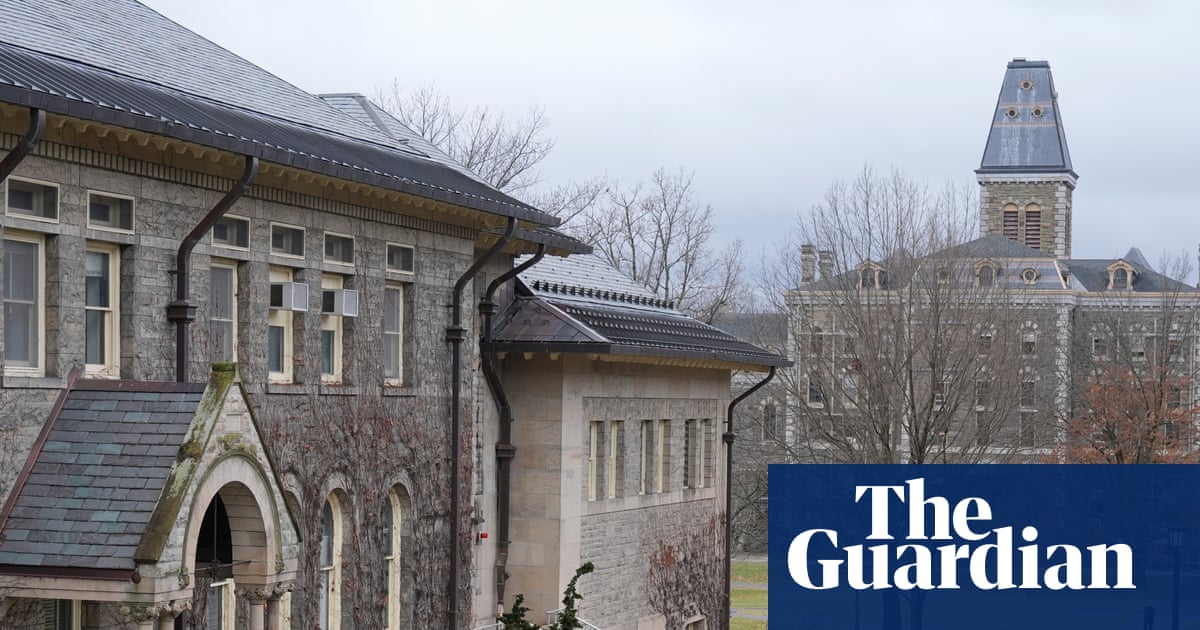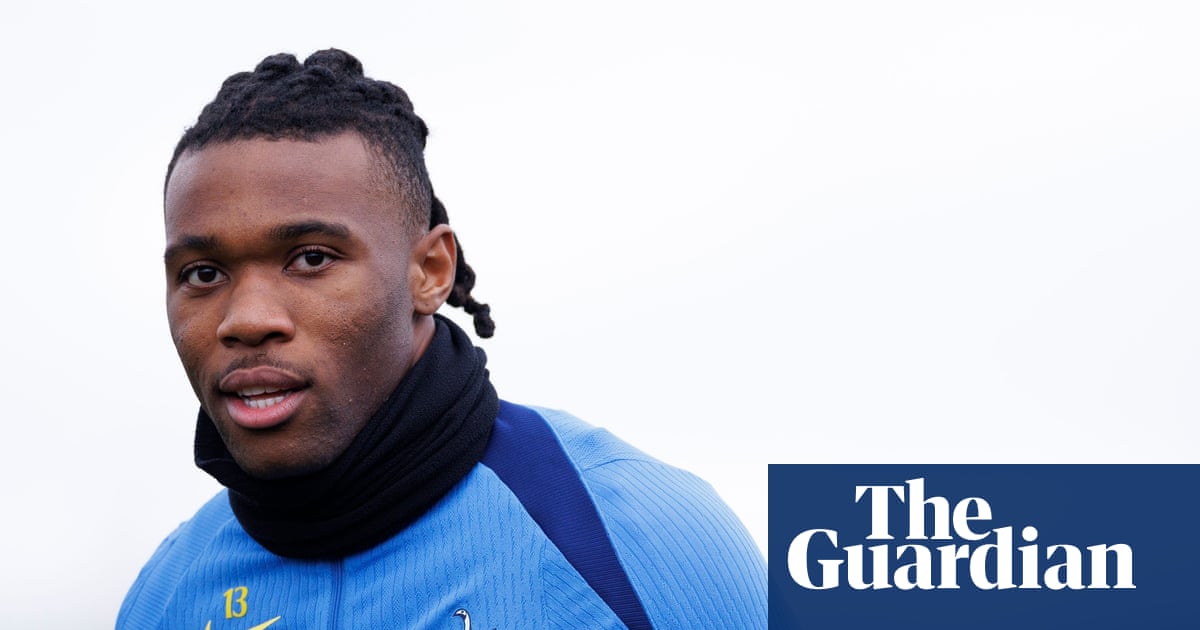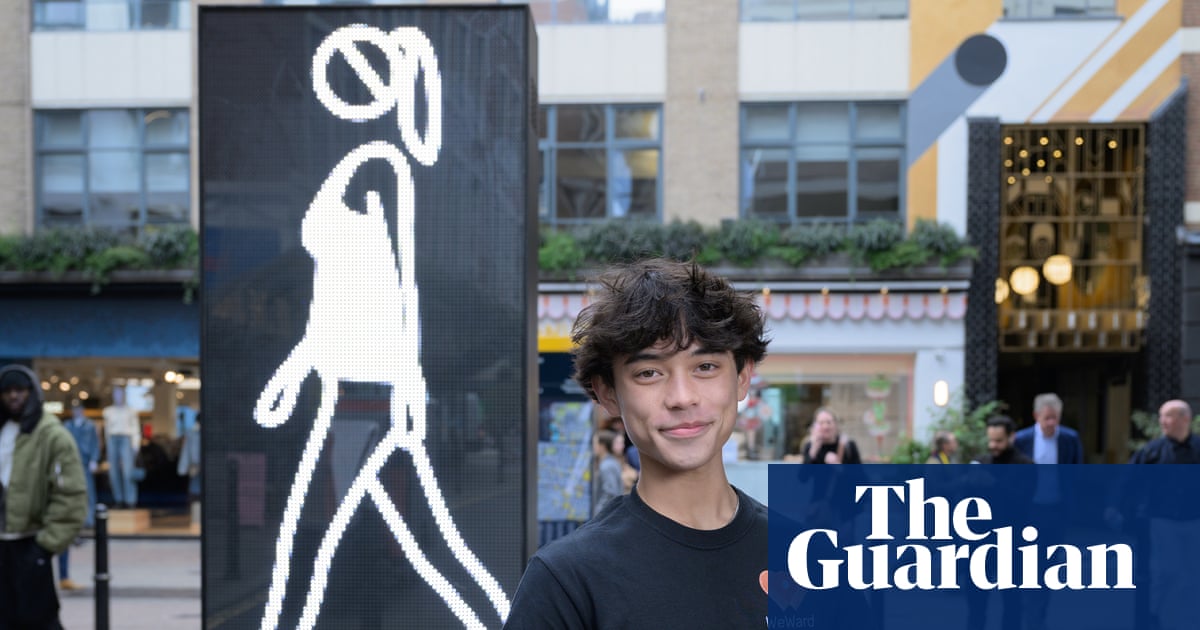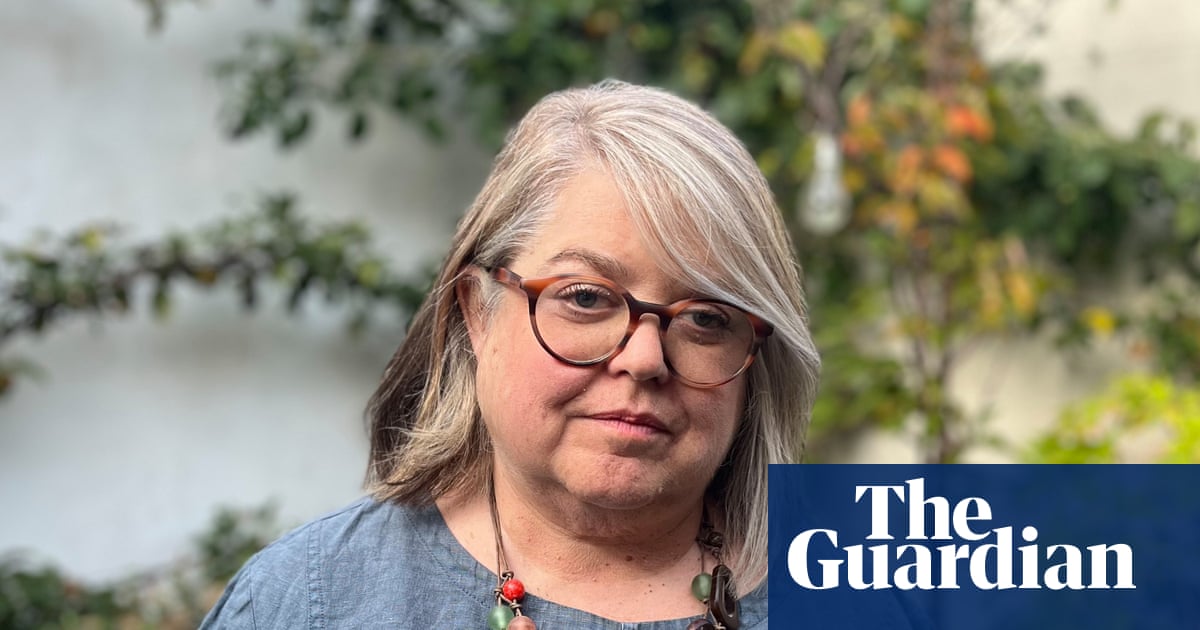At the University of Essex’s open days this summer, only a few staff took particular notice of one inquisitive visitor talking to prospective students and parents – but that “mystery shopper” turned out to be Essex’s next vice-chancellor. Prof Frances Bowen became Essex’s senior leader in August, and took advantage of her anonymity before that to see its Colchester campus through the eyes of potential applicants and their families.
What stood out from her undercover experience was that “the passion for the place was really clear from our students, from staff,” – as well as the more surprising perspectives of parents touring the campus.
“Interacting with parents, many of the questions were the ones you would expect, for example, employability prospects, what the programme would be like, and what the contact hours would be,” says Prof Bowen.
“The thing I wasn’t expecting was how much interest they would have in the overall offer, meaning the accommodation and the life on campus as a whole.
“I’m a lifelong academic, I have attended lots and lots of open days as an academic, and from that point of view you can think it’s all about the course. But from the mystery shopper point of view, it was really clear that it was the whole package, the whole experience, that was really important.”
This reflects Bowen’s attitude towards seeking to really understand students’ needs, which she says is a long-running feature of Essex’s “safe and sensible” approach. It was this, as well as its academic heritage, that attracted her to the job.
Her arrival – following Prof Anthony Forster’s retirement in 2024 after 11 years as vice-chancellor – comes as Essex rises to its highest-ever position in the Guardian University Guide’s overall rankings. More than five years ago, as the Covid pandemic appeared, Essex slipped to 85th overall. But since then it has been on a steady upwards march, to 23rd position last year and up again to 12th this year.
Bowen acknowledges that “it’s taken a decade of hard work” by the university to get there, and comes alongside the university’s highest-ever research income, meaning that she takes over at a high point for both sides of its mission.
The Guardian University Guide analysis shows Essex has a wide array of strong undergraduate degrees, including the top national ranking for drama and dance courses. One of the new campus universities founded in the 1960s, alongside the likes of York and Warwick, Essex remains strong in social sciences such as economics and international relations, but its courses in anatomy and physiology, biology, nursing and mathematics are also ranked in the top 10 this year.
Essex’s performance has been helped by its buoyant staff-student ratios, and its ability to get the most out of its students in value-added measures, showing that its graduates emerge with better degree results than their previous grades would suggest.
One of the university’s greatest strengths, in Bowen’s eyes, “is the work that Essex has done, not just recently and not since it was just fashionable to do so, the really hard work in figuring out who our students are and how best to meet their needs – their actual needs, rather than what we imagine [them] to be”.
As an example of the university’s pragmatism, Bowen explains the “Come on in” campaign run in association with Essex’s student union, designed to encourage students back into lectures and classes in person, through posters and screens.
“Where this comes from is the basic question: why do students not come to lectures? Or, what is it that stops the student from coming on to campus? “And once you start unpacking this, one of the main reasons we discovered why students do not walk into that lecture, it’s because when they get there they don’t know anybody and they don’t have anybody to go in with. It’s often as simple as that.”
The current cohort of students went through lockdowns at school, where they “maybe missed that type of social connection and confidence to walk into a room full of strangers and participate,” she says.
“There are students who are also working part-time. They may have done an extra shift. They tried to come on the bus but the bus was late. And they get there, and the lecture has started, and they’re standing outside the lecture theatre, and the ‘Come on in’ poster is on the door saying: come on in. You are welcome even if you’re late, even if you’re on your own, just step inside,” she says.
“There’s something very pragmatic about it, and there are lots of examples like that where I think Essex has really done a good job of getting those things right. It doesn’t matter what the ratio of staff to student is inside the class if you don’t even walk in.”
The campaign appears to have been a success, with student retention rates and lecture attendance improved since the start of the messaging.
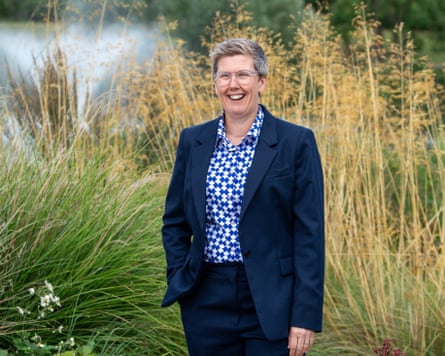
Originally from south Wales – and the first in her family to attend university – Bowen understands that not all students are from backgrounds familiar with the ins and outs of academic life.
“One of the things that we have to work quite hard on is helping people understand what university actually is, rather than what they might have read in the media or imagine what it might be. We’re not some kind of, you know, traditional extended boarding school or something like that. We’re not some ivory tower. We have a lot of research excellence, but we’re not that sort of rarefied place,” she says.
Nearly half of Essex’s students come from families where there has not been a tradition of higher education, while 18% have a disability in some form. To prepare incoming students, the university offers what it calls the Essex preparation programme.
“It’s essentially an online learning module about how to think about coming to university. And students get a £250 bursary if they complete the course before the start of their studies. The take-up of that is really good. It costs us money but it’s worth every penny – our figures indicate students are more successful and they’re less likely to drop out if they complete the programme,” Bowen explains.
“And it also links into all of the extra support and opportunities we offer when students arrive, because if they just arrive cold at the start of ‘welcome week’ it can be an utterly overwhelming experience.”
Like almost every other UK university, Essex’s finances have been hit by the erosion of domestic tuition fee income and the drop-off in international students. And like many others it has endured cost-cutting and redundancies, with little hope for any immediate relief.
The arrival of artificial intelligence (AI) also threatens to upset traditional university practices but Bowen says the clock cannot be turned back: “We’re grappling with it in terms of the whole student experience, not just assessment … I think we’ve got to accept that students arriving at university today have already been using generative AI for years. So the real question is how we can adapt to that reality.
“Employers consistently tell us that they want graduates who are curious, who can think critically and creatively, and thankfully those skills are at the very heart of higher education. But we do need to design curriculums and assessments that maintain rigour and fairness, with students using AI thoughtfully, ethically and effectively.”
Movers and shakers: who’s climbing high in the University Guide 2026?
Modern movers
Although the top 10 spots are mostly claimed by the UK’s older institutions, this year lots of modern universities have climbed up the rankings, often due to quality teaching and the good employment prospects their vocational courses offer graduates. One especially meteoric ascent belongs to the University of East London, which has continued its annual scale up the rankings, leaping this year from 56th to 33rd. Meanwhile, Southampton Solent has climbed into the top 60 for the first time in its history, and Goldsmiths has jumped from 109th to 67th – a position it has not reached since 2018.
Grateful graduates
In our new graduate choice data, healthcare subjects are among those which recent graduates are most likely to feel glad they studied. This year, Cardiff’s general nursing course has soared from 45th to 8th out of 76 providers, and its mental health nursing course rose from 41st to 10th. Graduates of construction, surveying and planning were similarly satisfied – Derby’s course could be a good pick for prospective students, since it climbed from 37th to 5th out of 41 providers.
Engineering excellence
There are so many different kinds of engineering course, choosing the right one for you can be daunting – so check out our subject tables to get a sense of how they differ. If you’re interested in mechanical engineering, Heriot-Watt climbed from 45th to 8th in our rankings in this year’s guide, while Leicester’s course soared from 40th to 6th. For electrical and electronic engineering, Derby rose from 38th to 6th, and Robert Gordon climbed from 33rd to 5th out of 58 providers. Derby’s civil engineering course had a similar upward trajectory: from 32nd to 5th.

 1 month ago
49
1 month ago
49
